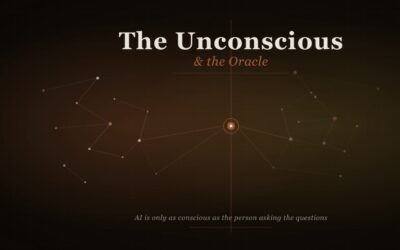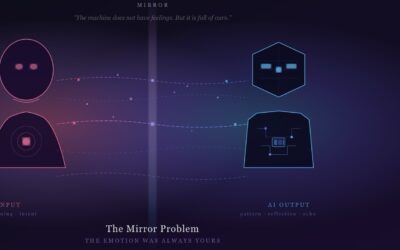The recent Senate hearings for cabinet nominees have sparked an interesting debate, as seen in Abby Philips segment on CNN. Some argue that experience outweighs a person’s moral values when it comes to serving in positions of authority. But can we truly separate the two?
Consider this: would you entrust someone with authority—whether in politics, business, or even as the head of a household—if they lacked honesty, accountability, and a strong moral compass? Experience might tell us someone can “do the job,” but it doesn’t tell us how they will show up for the people they serve.
The pandemic has challenged us to confront uncomfortable truths about ourselves and others. It reminded us that leadership is not just about what’s on paper but about the humanity behind the role. A lack of self-awareness in leadership creates decisions driven by ego, power, or fear—costs humanity can no longer afford to pay.
Wars, corruption, and betrayal often stem from a failure to choose self-aware, morally grounded individuals. If we don’t demand better from those in positions of power, how can we create the communities and societies we desire?
At the end of the day, who someone is in the dark is what counts in the light. Experience without integrity is a hollow foundation. It’s time we prioritize leaders who have done the inner work, who value humanity over personal gain, and who make decisions that reflect the best in us all.




0 Comments